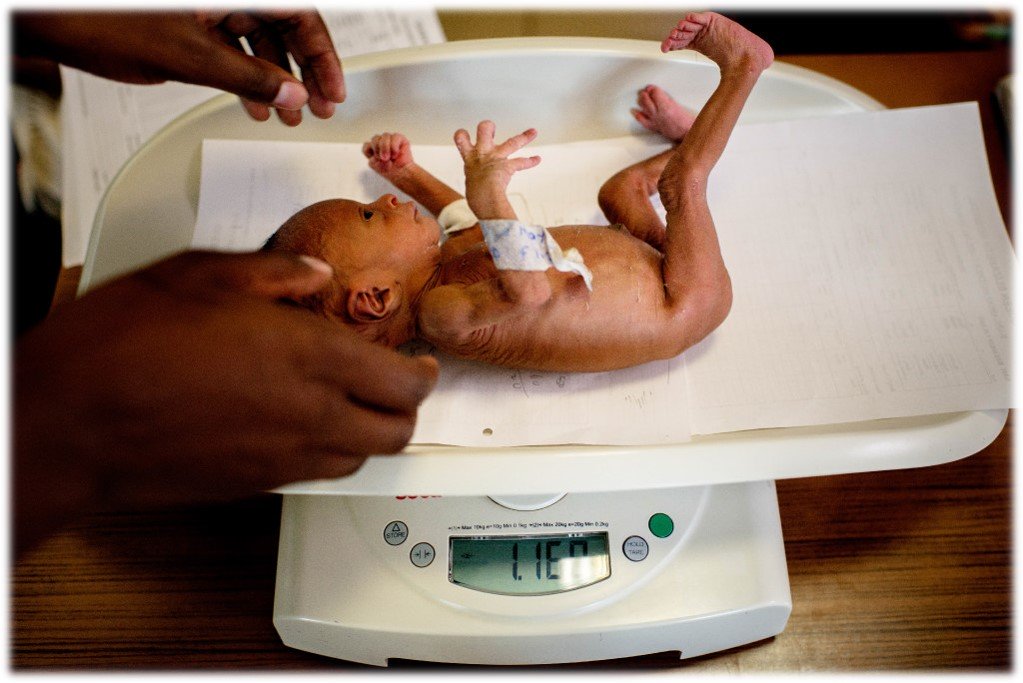
As a member of Save the Children’s newborn health team, I went to Malawi for the first time in 2013 to support my colleagues in developing plans to lower Malawi’s high newborn death rate. I left feeling overwhelmed. We had spent the prior week rapidly surveying several hospitals to assess the status of newborn care. We found few staff with knowledge and skills to care for newborns, shortages of essential equipment and supplies, and sadly, lukewarm enthusiasm for the care of the hospital’s youngest patients.
There was much work to be done.
Newborns are indeed intimidating patients. They are small, fragile and give you few clues to their clinical status. In pediatrics we say, “never trust a newborn”; which means as the health care provider, you MUST be able to trust yourself to care for that baby. Our hunch was that this fear was part of the reason newborns were not getting what they needed in these hospitals.
To wash away the fear of caring for newborns, our Save the Children team enlisted a smart, passionate, highly-skilled pediatrician in Malawi, Dr. Queen Dube. Our work began in the Thyolo district hospital.
We started by addressing straightforward roadblocks. We made sure the hospital had the basic equipment, supplies and medicines they needed to care for newborns, including designated staff and space for a newborn unit, bedside charts for documenting vital signs and progress notes, cups and tubes for feeding breast milk to babies that could not yet breastfeed, and antibiotic eye ointment. In some cases, Save the Children provided these supplies directly. In other cases, we worked with Dr. Dube to advocate for and procure supplies through the Ministry of Health.
Next came the harder work of training, teaching, coaching, and ultimately, empowering doctors, nurses, and midwives to care for vulnerable newborn babies. Dr. Dube went on rounds—reviewing tough clinical cases, offering guidance during procedures and reviewing charts and data. In the process, she built relationships—emailing, calling, texting with her mentees to support them when she could not be there. She dissipated that fear of caring for the newborn.
As said by a ward clinician at the Thyolo district hospital:
“…we are changing the perception of every other health worker and even the people in the villages saying these [newborns] matter…”
As we progressed, other hospitals began reaching out, asking for support. In response, Save the Children partnered with the Pediatric and Child Health Association of Malawi and Maikhanda Trust to implement the mentorship and quality improvement program in 10 out of Malawi’s 29 districts. Dr. Dube enlisted the help of other dynamic, highly-skilled clinician-mentors to build a skilled and confident newborn health workforce.
After two years, we saw a 15% decline in newborn deaths at Thyolo hospital, and a 10% further decrease the following year.
The mentorship and quality improvement work we did was no silver bullet—it was complex, multi-faceted, mediated by the behaviors and psychology of healthcare providers, supply chain issues and politics. However, with careful investment and follow-through, we saw results.
On my most recent technical assistance visit to Malawi, nearly four years after the first, I no longer felt overwhelmed. I felt proud that we got our hands dirty and tackled complexity. I stood in awe of Dr. Dube and her mentees, and their ability to influence ministers of health and inspire and empower fellow healthcare professionals to care for newborns. We might never be able to trust a newborn, but we can certainly trust the staff at Thyolo district hospital to care for these vulnerable babies.